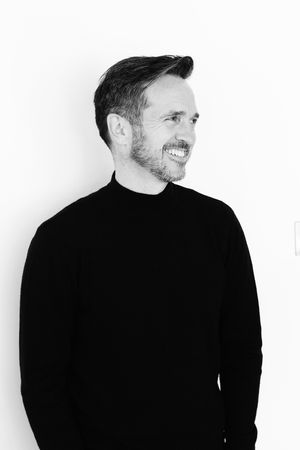Over the past five months I've interviewed more than 50 founders in scaling businesses for a project I'm working on.
As I review the interview transcripts, I notice an interesting divide emerging in how founders see leadership.
Leadership as direction
The majority see the primary task of leadership as one of direction setting, although they execute this leadership through diverse personal styles.
Yet at its core lies a deep belief that the founder is the right person to establish and change direction for the business.
Founding a business is to create something from nothing more than an idea.
That founder has to deeply believe that they know something that others don't.
Otherwise someone else would have got there first.
Leadership as enablement
But a minority of founders I talk with see their leadership differently.
They see it as being about creating the conditions for others to take on leadership across their businesses. Distribution of leadership, not centralisation.
While doing this still has a directional aspect, it comes from a different place.
It embodies a commitment to realising human potential in a common cause - the creation of a shared endeavour that will succeed as a business.
However they lead, scaling can be a painful and uneven path to travel for founders and their teams.
Directive and concentrated leadership can give the reassuring impression of things being under control. At least someone knows what to do for the best.
But this sense of agency for those in leadership roles is illusionary.
A more sustainable and resilient business comes from quietly enabling distributed leadership.
Having the intellectual firepower of people throughout the business solving the right problems for their expertise and for the business is the secret.
It means being able to set a high level direction as a founder and then creating an organisation in which people can do their best work in service of that vision.
It means relentlessly eliminating sources of friction that get in the way of this happening.
It means founders being able to let go of the archetype of the all-knowing leader and take steps to share power more equitably with their teams.
The long shadow?
As I look back over the hours of fascinating conversations I have had with founders, I wonder how this difference in leadership mindset shows up longer term.
Founders are reflected in their organisations long after they've moved on.
How might they best lead to ensure it's a reflection their successors are grateful for?








